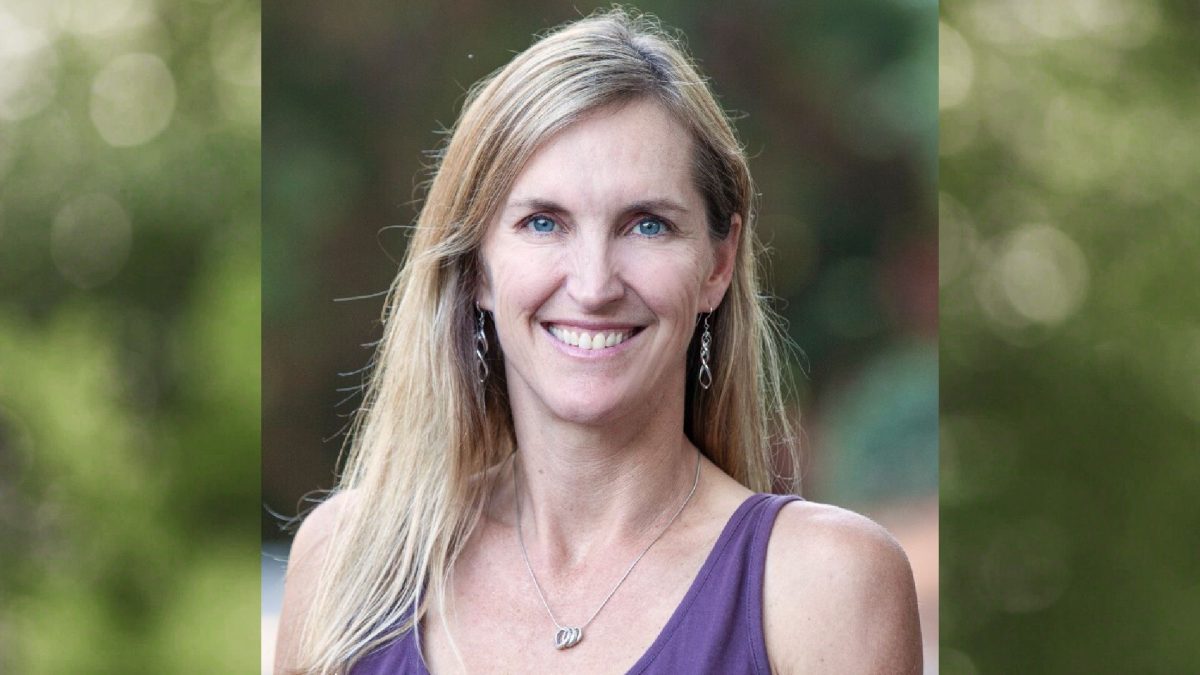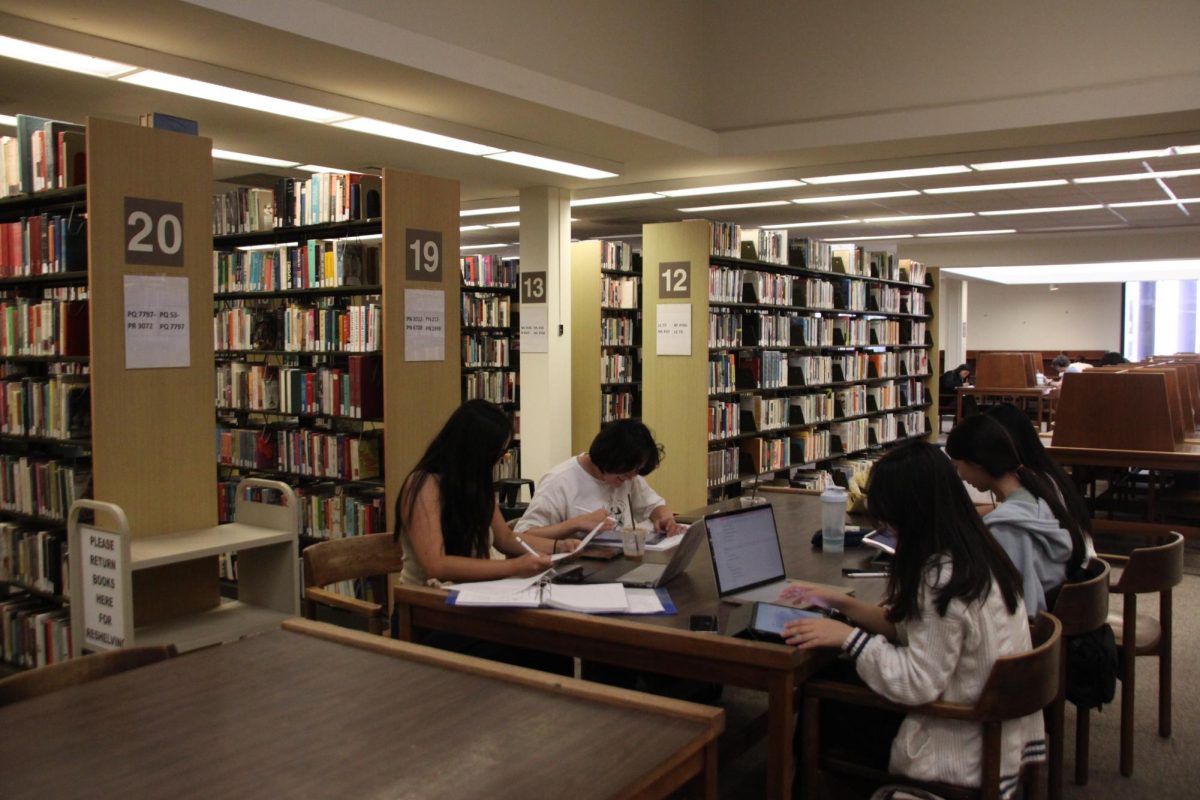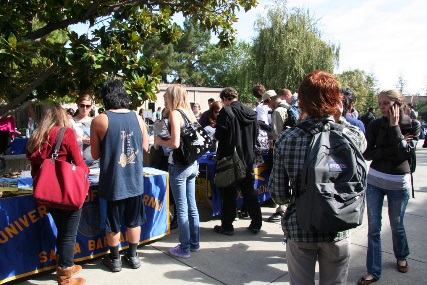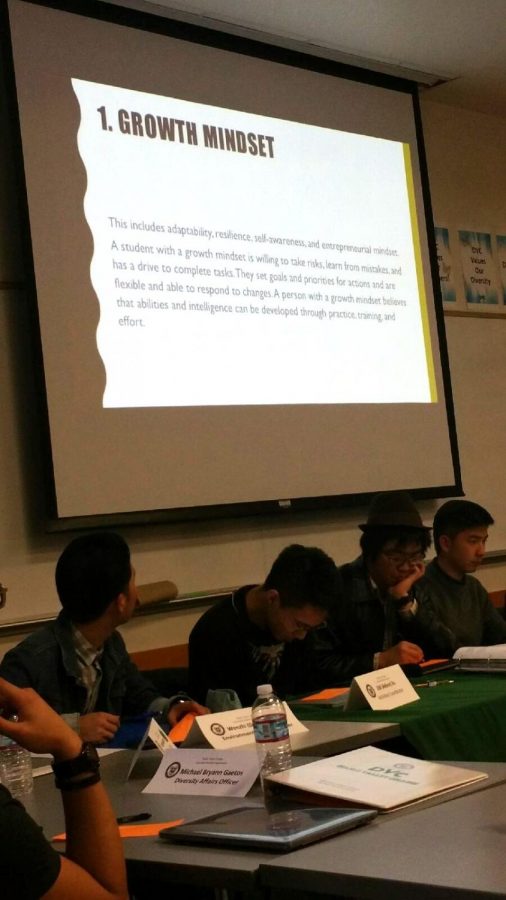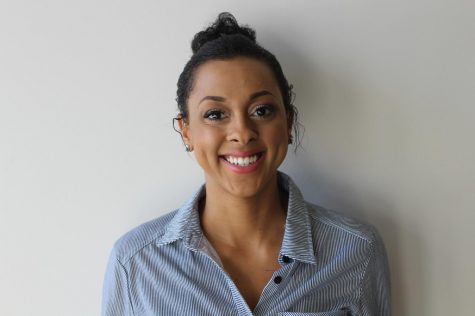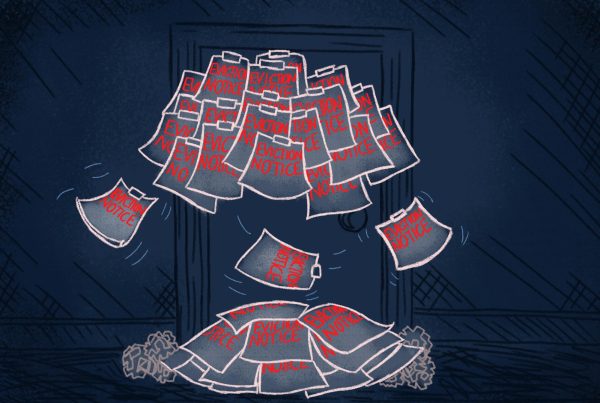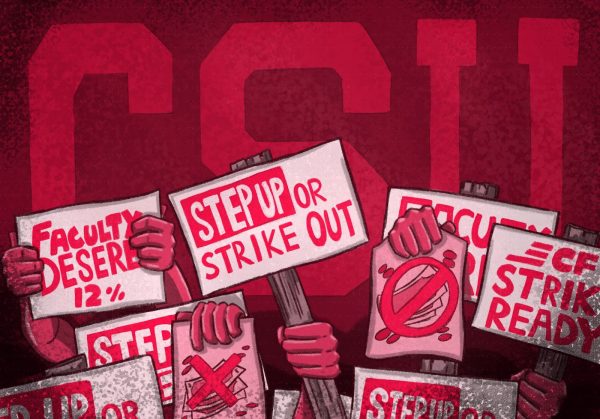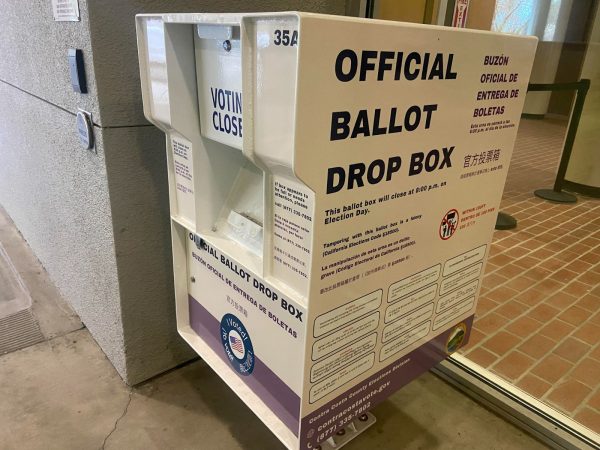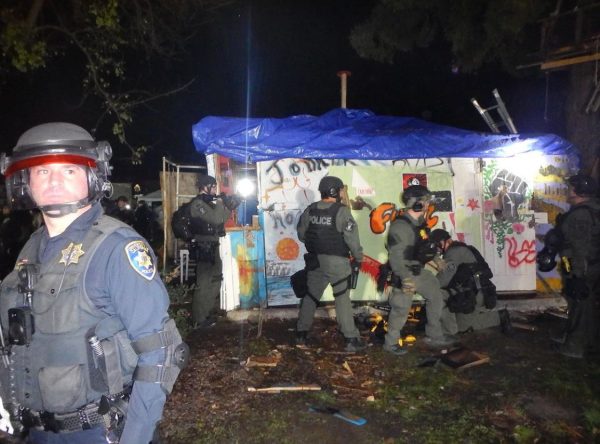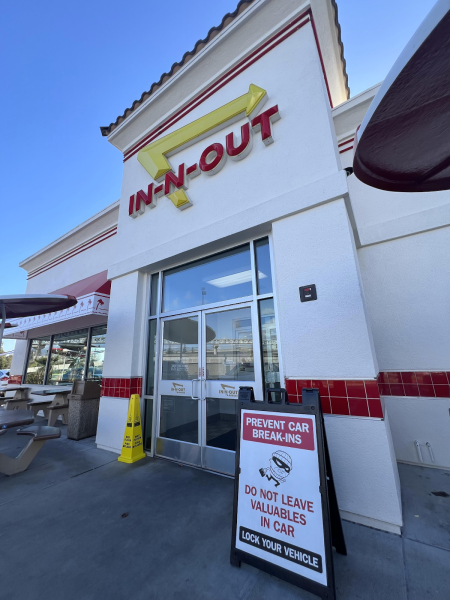New institutional learning outcomes introduced at ASDVC meeting
Professor Becky Opsata presents five new institutional learning outcomes to ASDVC in the Student Union at Diablo Valley College in Pleasant Hill, California on Feb. 20, 2018.
February 24, 2018
A proposal of five new institutional learning outcomes from the College Council was introduced to the Associated Students of Diablo Valley College at their meeting on Tuesday, Feb. 20.
Professor Becky Opsata, the interim dean of accreditation and special projects, presented the proposed new learning outcomes to receive feedback from ASDVC.
The first proposed outcome is growth mindset which includes “adaptability, resilience, self-awareness and entrepreneurial mindset.” The student with a growth mindset is willing to take risks, learn from mistakes, set goals and be task driven.
Second, is empathy mindset which includes “social diversity awareness, civic engagement, and ethics.” The student will, “be able to build relationships through understanding and valuing others with diverse backgrounds and cultures.” They will also be, “active and connected with their community.”
The third proposed outcome is solution mindset. This includes “understanding methods of inquiry and analysis of available options.”
The fourth proposed outcome is communication and collaboration. “This includes effective message construction, media choices and the ability to work with others on projects.” This includes being able, “to work with teams of a diverse set of people” and having leadership skills.
The last proposed outcome is digital fluency which includes “being flexible and effective in the use of data reaching tools, as well as the accurate and appropriate use of materials.” This also includes, “being able to evaluate the relevance and credibility of sources.”
Afterward, Opsata asked if there was anything the members felt was missing and ASDVC member, Trey Dao, added that students should also learn “financial literacy.”
ASDVC president, Kevin Zhang, feels that this was a “very necessary step for the administration to assess the academic outcome of the curriculum and solicit the feedback from a group of student representatives and to ask for their opinions on that and if there is anything they can do better.”
“I personally believe this is a very necessary step towards the evaluation of the school,” said Zhang.
Michael Gaetos, ASDVC Diversity Affairs officer, says “I think the presentation was wonderful, in a way that helped us board members understand the specific goals that professors and faculty ought to reach for the students and it gave me, and I’m sure many others during the meeting, a good idea of what we hope to get while being a student at DVC.”
ASDVC board member, Kaitlin Dey, feels that the outcomes are “too broad” and “sometimes stuff sounds good on paper but it doesn’t actually help or bring change.”
“I think they have potential to be successful but I think it’s important to name specific areas of focus for students and staff to be held responsible namely a focus on lack of support for marginalized communities,” said Dey.
Dey believes there should be more forums for people’s voices to be heard and, “from these voices will come actual change and results” instead of ” having a handful of events and keeping the institution the same.”
“I personally think if there’s more emphasis on community involvement that it would be perfect,” said Zhang. He noted that community involvement was part of the empathy mindset; however, “I want this part to be highlighted and if that could be true, I think it’s going to be wonderful,” said Zhang.





















